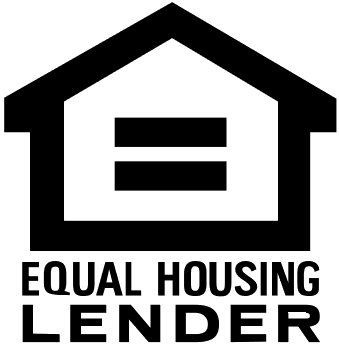
If you're exploring mortgage options, you've probably come across the term “escrow account”. It sounds technical, but the concept is straightforward—and understanding it could help you make smarter financial decisions. One of the top questions homebuyers ask us at CPF Mortgage is:
“Should I include my property taxes and homeowners insurance in my monthly mortgage payment?”
Let’s break down what that really means, how an escrow account works, and whether it’s the right move for you.
An escrow account is a special account your mortgage lender uses to hold funds for expenses related to your home—namely, property taxes and homeowners insurance. Instead of paying these bills separately, you pay a little extra each month with your mortgage. Your lender collects and holds that money until the bills come due, then pays them on your behalf.
In short, it’s a built-in budgeting tool designed to simplify homeownership.
A full monthly mortgage payment often includes:
This breakdown is commonly referred to as PITI—Principal, Interest, Taxes, and Insurance.
Including taxes and insurance in your monthly mortgage payment offers several advantages:
1. Simplified Budgeting
No need to worry about saving up thousands for lump-sum bills—your payment stays consistent month to month.
2. On-Time Payments
Your lender ensures taxes and insurance are paid on time, helping you avoid penalties, lapses in coverage, or even tax liens.
3. Peace of Mind
Escrow management removes the stress of manually handling large, critical payments throughout the year.
Depending on your loan type and down payment, including taxes and insurance in your mortgage may be required:
Conventional loans (20% or more down): You may be able to waive escrow and manage taxes and insurance independently, but this comes with greater responsibility.
FHA, VA, and USDA loans: Escrow is mandatory.
Conventional loans (under 20% down): Escrow is typically required.
Here’s how your lender figures out what to collect:
Example:
Total: $4,200 ÷ 12 = $350/month added to your payment
Annual property tax: $3,000
Annual homeowners insurance: $1,200
If your tax bill or insurance premium increases, your escrow account may not have enough funds. In that case, you may:
Most homeowners benefit from using escrow—especially if you prefer predictability and convenience. First-time buyers, busy professionals, and those who don’t want to manage large lump-sum payments tend to find it very helpful.
If you’re financially disciplined, meet the qualifications, and prefer to handle taxes and insurance yourself, opting out might be a consideration—but it’s not always available.
At CPF Mortgage, we believe financial clarity is the key to confident homeownership. Whether you’re buying, refinancing, or just planning ahead, our team will help you understand every part of your loan—including whether escrow makes sense for you.
We’re more than just a lender—we’re #YourPartnerInHomeFinance.
Have questions? Reach out to explore your options with a team that puts transparency and education first.
